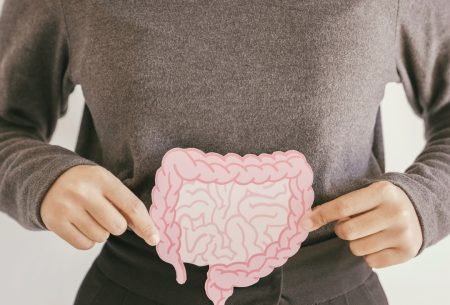Does bloating regularly impact you? If so, you’re not alone: this gut bugbear is extremely common. That doesn’t mean that it’s not distressing though – especially when it impacts how you feel and you have no idea what the root cause is. And, to make matters worse, there is a lot of misinformation on the internet about how to deal with bloating. Take it up and you may find this not only makes your bloating worse in the long run but also keeps you from discovering the science-backed solutions that could help you master your bloating once and for all.
The truth is, when it comes to bloating, there is no silver bullet. It would be great to find the one supplement/tea/food to eliminate, which also functions as a cure-all. However, the reality is that the causes of bloating are often complex. But the good news is that there are a series of simple diet and lifestyle changes backed by science that can put an end to the suffering.
If you want to be smart about dealing with the problem, here are 7 things you should know.










 1. What actually is bloating?
1. What actually is bloating? 2. And when should I be worried about it?
2. And when should I be worried about it? 3. Know your triggers
3. Know your triggers
 5. Prebiotics might do more harm than good
5. Prebiotics might do more harm than good 6. Where your bloating is located tells you a lot
6. Where your bloating is located tells you a lot





